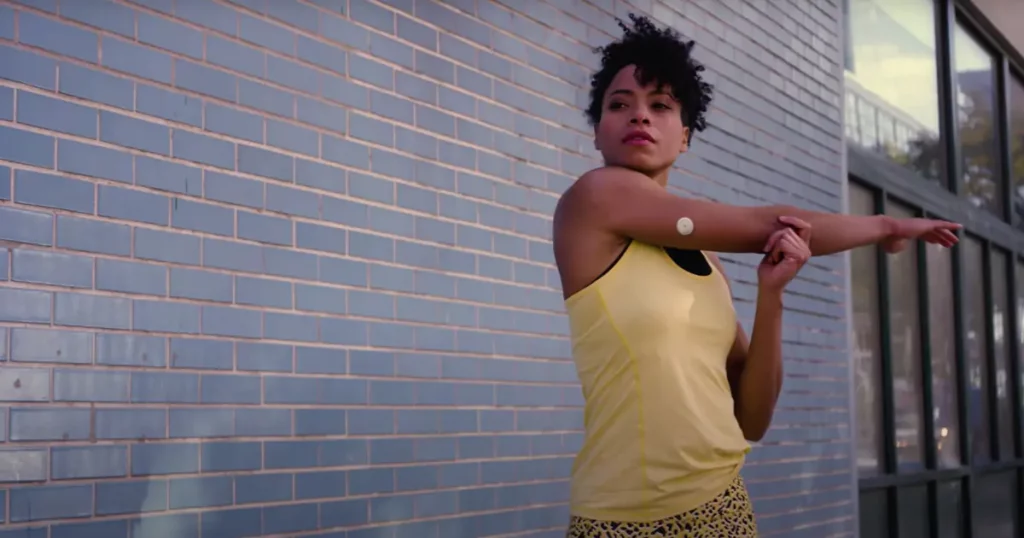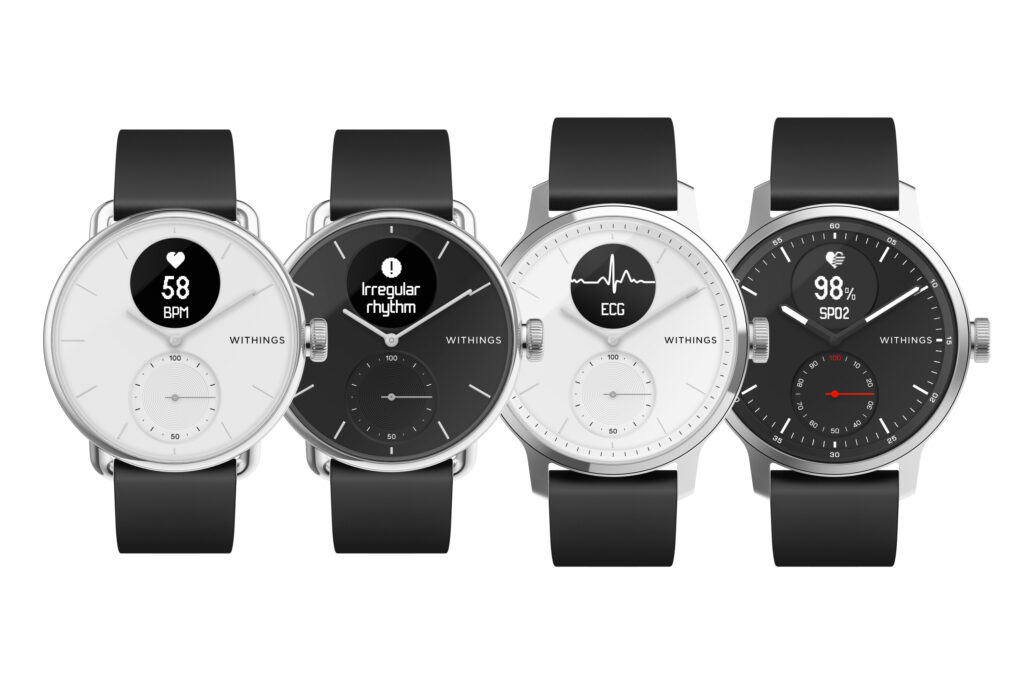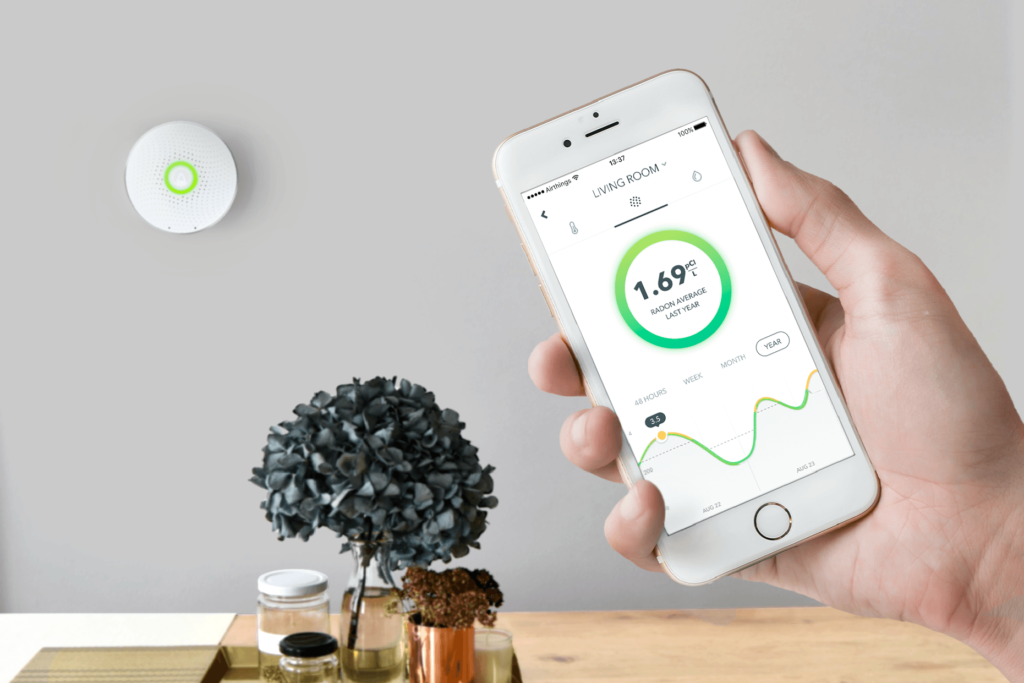This week Google reminded us that we don’t actually own our connected products when it removed functionality from grouped Nest speakers after losing a patent case filed by Sonos. Amazon’s Sidewalk network is getting a boost and this should spark a really interesting fight between LoRaWAN and Sidewalk in the coming years. We then talk about why sensors should have standards or maybe just a certification body for calibration, pay-what-you-want plans for IoT services, and Google’s surprise pivot around its Soli radar technology. The chip shortage has made it tough for Canon to find the silicon used to enforce its digital rights management that locks people into buying Canon toner cartridges, and we love to see it. In other news, researchers can detect malware using a Raspberry Pi and electromagnetic frequencies, Abbott Labs is getting into consumer wearables that track glucose and ketones, Netatmo launches its first Thread sensor, and Wind River will be acquired for $4.3 billion. Finally, we take listener feedback on accessibility and update an answer about Wi-Fi sensors.

Our guest this week is Yoon Ho Choi, president of the Home Connectivity Alliance, which launched last week at CES. Choi joins me to discuss the reason the HCA exists, how it’s recruiting new members and why we want our appliances to interoperate. He addresses questions about security, why the HCA is promoting cloud-to-cloud integrations instead of local ones, and if the HCA wants to work with the Matter protocol. It’s still unclear what the HCA wants to produce in terms of APIs or certifications, but it’s clear that the companies involved recognize that collaboration will be essential for building worthwhile intelligence into washers, dryers, HVAC systems, TVs, and more. Enjoy the show.
Hosts: Stacey Higginbotham and Kevin Tofel
Guest: Yoon Ho Choi, president of the Home Connectivity Alliance
Sponsors: Twilio and Silicon Labs
- Google loses Sonos patent spat, but so do consumers
- Amazon’s Sidewalk plans set up a low-power wide-area network fight
- Has Google given up on Soli?
- What exactly is the HCA trying to create?
- Why the HCA is embracing a cloud-to-cloud strategy
Podcast: Play in new window | Download | Embed
Subscribe: RSS


